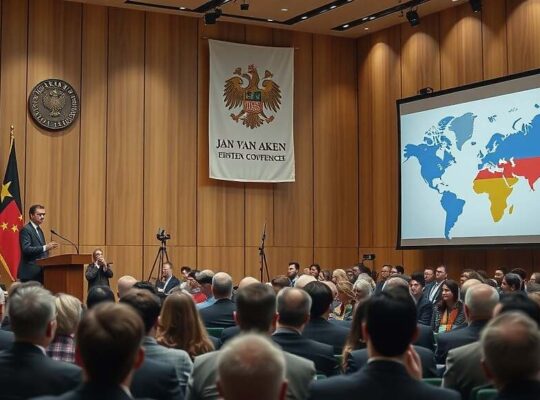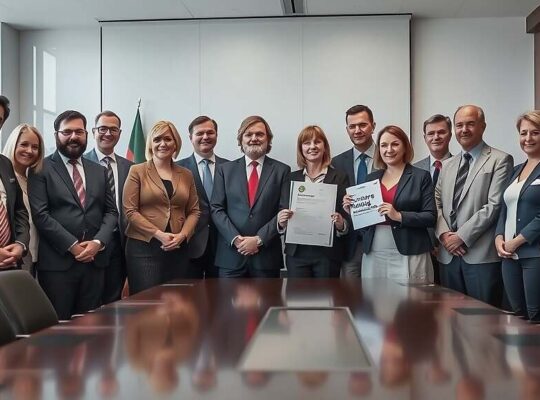embrace artificial intelligence (AI) and cloud technologies decisively, or risk losing market share and critical value creation to international competitors.. In a commentary published in Handelsblatt, Parliamentary Secretary of State Thomas Jarzombek (CDU) articulated a clear ultimatum: failing to invest strategically in these technologies carries the very real possibility of economic marginalization.
Jarzombek’s remarks highlight a growing concern within Berlin – that Germany, despite its industrial prowess, is at risk of falling behind global leaders in the burgeoning digital landscape. The commentary frames everyday business decisions as existential choices, directly influencing whether the benefits of technological advancement remain within Germany or flow abroad. The rhetoric underscores a sense of urgency, moving beyond simply advocating for digital transformation to demanding active participation in shaping the future of these technologies.
The government’s proposed measures are designed to proactively address this challenge. Central among them are the development of a fully digital platform to streamline bureaucratic approvals, a dedicated hub for AI start-ups aimed at fostering innovation, the introduction of the EUDI-Wallet to enhance digital identity security and a significant expansion of European data centers through the AI Gigafactory initiative. These actions are presented not merely as supportive measures, but as fundamental investments in future economic sovereignty.
Jarzombek’s pointed phrasing – “Now, the industry is really deciding whether the data centers are controlled from Redmond or Lübbenau” – reveals the depth of concern. This isn’t just about where servers are located; it’s about control, data ownership and intellectual property. The implication is a direct challenge to German companies weighing the convenience and perceived cost savings of relying on US-based cloud providers against the strategic imperative of maintaining data sovereignty.
The government’s ambition is backed by considerable economic potential. Studies suggest that software and data-driven value creation in Germany alone could reach an annual 300 billion euros. However, securing this potential hinges on resolving a fundamental question: Can Germany effectively compete with the resources and established ecosystems of global tech giants, or will valuable data and development ultimately be redirected overseas? The government’s initiative represents an attempt to answer that question decisively, but its success will ultimately depend on the willingness of German industry to embrace the challenge. The initiative also raises questions regarding potential overreach by government intervention in private enterprise and the risk of creating artificial barriers to competition.












